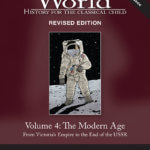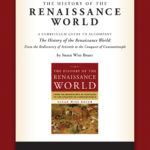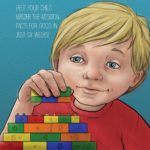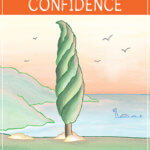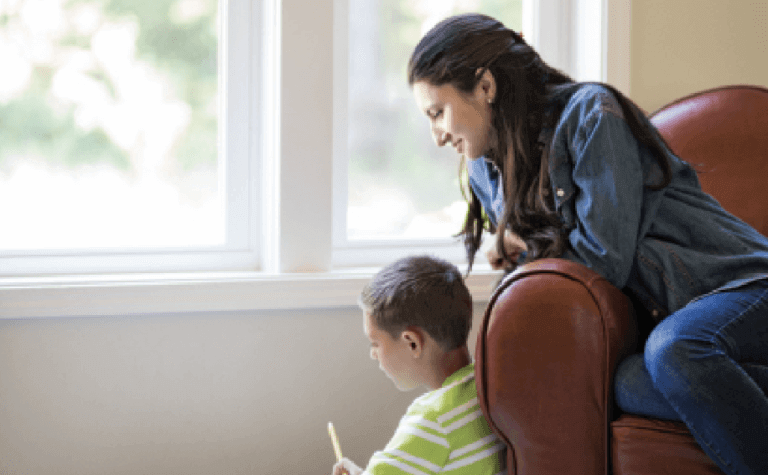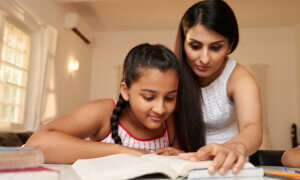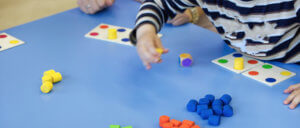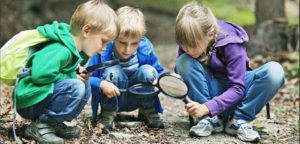
A month after we sent our proposal for The Well-Trained Mind: A Guide to Classical Education to our publisher, W. W. Norton, our agent called us with good news. “They really like the idea,” he said. “But they need you to come up to New York so that they can meet you personally. They want to make sure you’re marketable.”
So we went up to New York, sat in Norton’s Fifth Avenue offices, and talked classical education and home schooling with a ring of Norton editors for over an hour. At the end of the meeting, one of the editors shook both our hands with enthusiasm. “So nice to meet you,” he said. “You know, we thought from your proposal that you’d be really rigid and grim and joyless. But you’re not grim and joyless at all!”
Since we conduct our lives and schooling in an ongoing atmosphere of exploration, experimentation, and happy chaos, we thought this was an odd reaction. But it’s a reaction we’ve heard again from a scattering of parents who have read our book or attended our seminars. “Isn’t classical education too structured?” they ask. “Doesn’t it take away the joy of delight-led learning? Doesn’t it impose too much rigid book-learning on children?”
Our own experience of classical education (Susan’s, and now her children’s) was indeed a joyful one. Because it uses real, living books and hands-on experimentation rather than relying on textbooks and canned presentations, classical education is a matter of exploration, of reading, thinking, and talking, and of discovery — not of rote memorization and regurgitation.
Classical education divides learning into two areas: skill areas, and content areas. In the content areas (history, science, literature, art, music), classical learning provides a framework within which the child can explore those areas which delight him the most. In history, for example, we suggest that you take a year to study the period 5000 BC-400 AD — and that you stop, whenever the child’s interest is sparked, and allow her to pursue her interest until she’s ready to move on. In The Well-Trained Mind, we suggest that you use a book of world history as an outline for your study. We recommend that you sit on the sofa and read together about ancient civilizations, and then talk about the reading. Then we write:
Now ask the child either to draw a picture of something on the page that strikes his fancy or to color a picture from one of the historical coloring books listed in Resources. … Now go the library. Find books in the children’s section about anything on the page that strikes the child’s interest. … Bring the books home, and read them to the child (or have him read on his own). … If the child’s imagination is sparked by the invention of writing, the first catapult, or Stonehenge, let him read library books [until his interest is exhausted]. … Use hands-on projects as well as books … treasure chests with Egyptian beads inside, ancient Chinese games, books that tell you how to make Greek clothing or Roman food.
This is delight-centered learning. The child is given the freedom to explore those things which he finds most fascinating through reading, crafts, activities, and drawing.
Classical education encourages this freedom within a framework — in this case, you’re reading through a book about ancient civilizations that existed between 5000 BC – AD 400. (Over the next three years, you would study the periods 400-1600, 1600-1850, and 1850- present.) This framework is important because it leads the child into an area of history that she might not, at first, seem interested in. But her lack of interest may simply come because she’s unfamiliar with the ancient world. Classical learning assumes that children are curious and will learn best when they are interested in the subject. But it also assumes that children’s interest may need awakening, through gentle exposure to unfamiliar subjects. For this reason, we suggest reading chronologically through history from its beginnings until modern times, using this reading as a “jumping off” point for further exploration. In the same way, we suggest that students explore chemistry, physics, biology, and astronomy, one subject per year. A ten-year-old who has never done chemistry may think it sounds boring, because he doesn’t know what he can do with chemicals; the same ten-year-old, once presented with one of the Wild Goose “Slime Chemistry” sets we recommend and given two hours to explore it, may discover a previously unknown interest in the subject!
In the study of content areas, then, classical education does encourage joyful exploration. In the matter of academic skills — writing, grammar and punctuation, basic mathematics — the classical method takes a similar attitude. A classical teacher knows that writing and mathematics are skills which must be mastered before they can be thoroughly enjoyed. Most of us remember the frustrating early days of learning a new skill — sewing, for example, or woodwork, or knitting, or learning a new musical instrument. Exercising a new skill can yield more frustration than delight — until practice has made the skill second nature. Once you have learned the basic skills of sewing or woodwork, your focus is able to shift away from the mechanics of the skill itself (sewing a straight seam, creating a perfect joint) and towards the production of a beautiful object (a dress or bookshelf). As long as the skill itself remains difficult, you won’t enjoy using it — and you may give up before you reach the level of mastery that allows you to immerse yourself in your craft.
Classical education views basic academic skills in the same way. Learning to write, for example, is difficult; the frustration of those awkward early stages leads many children to reject writing. But a parent dedicated to classical learning will encourage children to keep exercising those basic skills, in the knowledge that this practice will lead to mastery. Once writing is mastered, the student need no longer struggle with mechanics — instead, she can enjoy expressing her ideas, without the frustration of working with a medium she hasn’t mastered. The student who has mastered math facts can enjoy the manipulation and exploration of those facts in higher mathematics. Students who are allowed to follow their own inclinations may give up while they are still in the process of learning. And in doing so, they may cut themselves off from the joy of exercising a well-learned skill.
So classical education involves discipline and structure in the learning of basic skills, because those skills give students the tools to explore — and to enjoy exploring — subjects which might otherwise remain beyond their reach. Math mastery leads to the enjoyment (not just the toleration!) of calculus. The mastery of grammar and writing produces a student who enjoys written expression — rather than a child who is frustrated because she has ideas but cannot get them down on paper.
This letter from a mother of four in Georgia expresses well the goals of classical education:
“I want to thank you for the time and effort that you’ve put into The Well-Trained Mind. We are just beginning to change over from our other curriculum. Already, I’m amazed at the change in my children. It is as though a hidden hunger has been unleashed. Their eyes are brighter. They don’t complain about school. They love it. It seems that the notebooks give a new purpose to their studies. They know that they are creating a keepsake so there is a personal reason for the work.”
Recommended Products
-
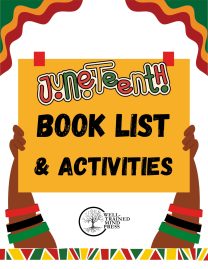
Juneteenth Booklist & Activities
0 out of 5$0.00 Add to cart -
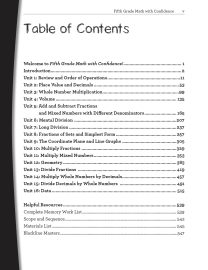
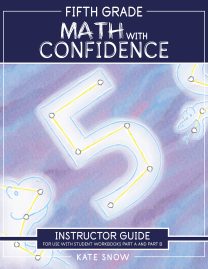
Fifth Grade Math with Confidence Instructor Guide
0 out of 5Starting at:$36.95Original price was: $36.95.$27.71Current price is: $27.71. Select options -
Sale!

Hansel & Gretel and Other Stories: Downloadable MP3
0 out of 5$12.95Original price was: $12.95.$8.42Current price is: $8.42. Add to cart -
Sale!
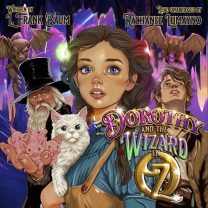
Dorothy and the Wizard in Oz: Downloadable MP3
0 out of 5$25.95Original price was: $25.95.$16.87Current price is: $16.87. Add to cart -
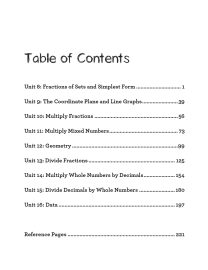 Sale!
Sale!
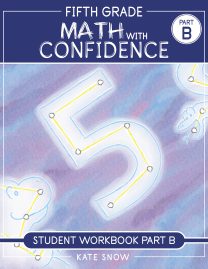
Fifth Grade Math with Confidence Student Workbook B
0 out of 5$16.46 – $21.56 Select options This product has multiple variants. The options may be chosen on the product page -
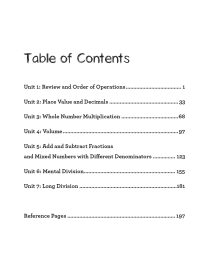 Sale!
Sale!
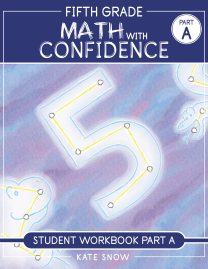
Fifth Grade Math with Confidence Student Workbook A
0 out of 5$16.46 – $21.56 Select options This product has multiple variants. The options may be chosen on the product page
ABOUT THE AUTHOR
Susan Wise Bauer
Join over 100,000 homeschooling families
For the latest offers, educational insights, products and more.
By joining you agree to our privacy policy.



